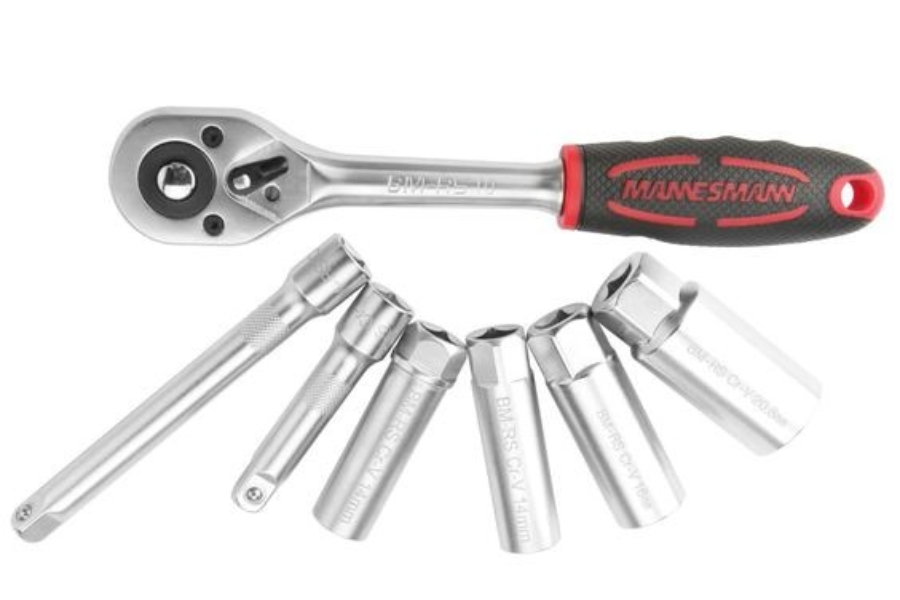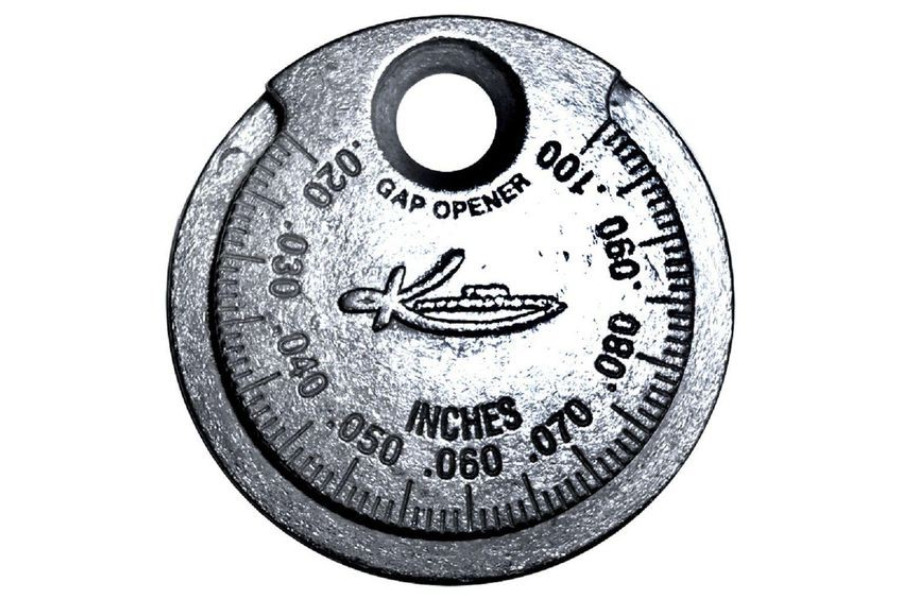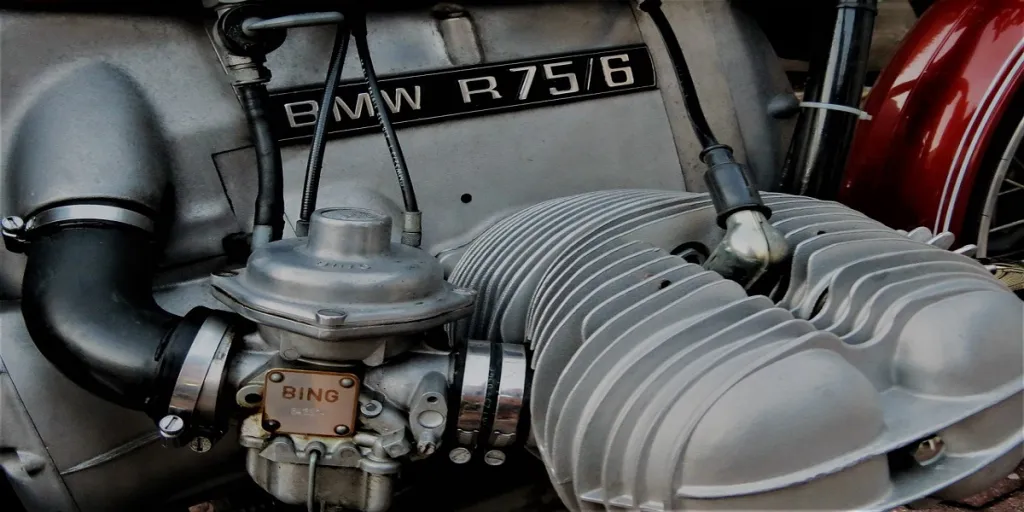Car spark plugs often wear out throughout driving time, which reduces their performance. And it can be challenging to replace vehicle spark plugs. Without sufficient know-how, the repair or replacement of a spark plug can go wrong in the long run. The unavailability of parts is one of the core challenges involved in spark plug replacement.
However, if you choose to DIY the whole process, we’ll guide you through the best equipment and where to find them.
Table of Contents
How to change spark plugs
The tools needed to change a car’s spark plug
Benefits of modifying a car spark plug
The bottom line
How to change spark plugs
Spark plug replacements are recommended after every 80,000 to 100,000 miles as this enhances the optimal operation of the vehicle and its lifespan. It is important to note that when replacing plugs, the new plugs mustn’t be a lower model than the old plugs.
Indications of a damaged spark plug
Typically, most vehicles alert car owners when a spark plug replacement is due. Here are some of these signs:
The car won’t start
The spark plug is responsible for igniting action in the engine’s piston. So, when the spark plug is faulty, there would be insufficient power to get the vehicle running.
Most car owners are quick to suspect the battery as the primary cause of the car’s dormancy. But in most cases, the spark plug wires are worn out or corroded.
No acceleration
As the name implies, the spark plug generates sparks in the car’s engine. And these sparks trigger acceleration. A faulty spark plug could be a dangerous problem for a driver on a highway.
Fuel mismanagement
Bad spark plugs affect the combustion of fuel in the car’s engine, leading to poor fuel economy. So, getting new plugs could be the first step to reducing the frequent visits to gas stations.
Constant idling
Idling is a driver’s worst nightmare, as it makes the engine produce rattling and knocking sounds constantly. The vehicle itself is unable to move while the fuel keeps burning minimally.
Idling is one of the dire signs that a spark plug replacement is due.
Causes of spark plug wears
Spark plugs wear out on their own, so a replacement is unavoidable. The actual shelf life of a spark plug depends on the type of plug, the engine’s condition, and driving skills.
However, some other factors reduce the actual shelf life of the plugs. Here’s a list of them:
- Engine overheating
- Wire corrosion due to oil change spills
- Cracked insulators
- Carbon buildup in the combustion chamber
- Improper spark plug gap
- Engine corrosion
- Contamination due to oil change leaks
How to replace a spark plug
It would be best to keep a few precautionary measures in mind when replacing spark plugs to ensure safety.
Here are steps to help you execute a perfect job on your spark plug replacement:
- Ensure the vehicle is properly parked on a flat surface devoid of fluid and debris
- Disconnect the battery
- Detach the spark plug wires
- Unfasten the connecting coils on the plug
- Remove the spark plugs from the engine with a socket
- Install the new plugs
- Reconnect the wires and connecting coils
- Get the engine running.
The tools needed to change a car’s spark plug
Here are some of the tools experts use for changing a car’s spark plug:
Spark plug swivel socket with extension
This special swivel socket is built to remove plugs in spaces that a 13/16″ or 5/8″ socket can’t reach. In short, they are ideal for tight spaces.
Ratchets with flexible handle

These turnaround ratchets aid in tightening and loosening plugs in the tightest spaces. The flexibility allows for the turning of the ratchet in several angles.
Spark plug boot puller plier

These vinyl-coated pliers are ideal for detaching spark plug bolts that are extensively difficult to remove (even with regular ratchets). With this handy tool, the bolts can be safely removed without separating the spark plug wires from the connections.
Spark plug gap gauge

The gap gauge is used to find the appropriate gap specifications required for plug installations. If proper gaps are not maintained, the air-fuel mixture which triggers the vehicle’s motion through spark generation may not occur.
Torque wrenches

A torque wrench is a fundamental tool for installing torques to bolts and nuts. Tightening levels are a huge deal with bolts and nuts.
For instance, if torques are screwed too tightly, the threads in the cylinder head will get damaged, and if they are too loose, they will wriggle out of the head. So, with a wrench, the torques can be tightened according to the stated specs.
Wire loom spacers
Spacers make gaps between the plug wires. These gaps help prevent cross-firing and arcing with the wires. Wire loom spacers create equal distance between the wires. Also, the tool helps to transfer power and electric signals at appropriate levels.
Anti-seize
These are lubricants applied to bolts and fasteners to prevent permanent attachment and corrosion. Anti-seize should be applied to threads that disassemble frequently.
Benefits of modifying a car spark plug
Spark plugs, despite their miniature sizes, play a crucial role in the overall function and performance of a car’s engines. Here are some benefits of replacing old plugs with new ones.
- Better fuel management
- Reduced environmental pollution/Less harmful emission
- Lower repair costs
- No more cold starts/Idling
- Optimal vehicle performance
- Improved horsepower
- Improved acceleration
The bottom line
Under suitable conditions, vehicle owners would only need to consider a car spark plug replacement after an average of 100,000 miles. When a replacement is due, it would be best to make the change immediately.
After all, the replacement process is quick and easy. Also, it’s easy to get a fine collection of everything needed for a spark plug replacement at extremely affordable costs.




